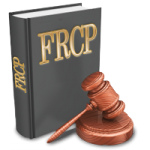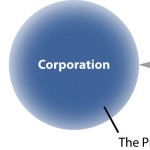What Are Punitive Damages

What Are Punitive Damages You have probably heard the term “punitive damages” in the news, especially in connection with large civil lawsuits. But what exactly are punitive damages? Basically, punitive damages are civil damages intended to punish a party for egregious behavior. This is a stark deviation from the principle behind most court damage awards, …Read More













